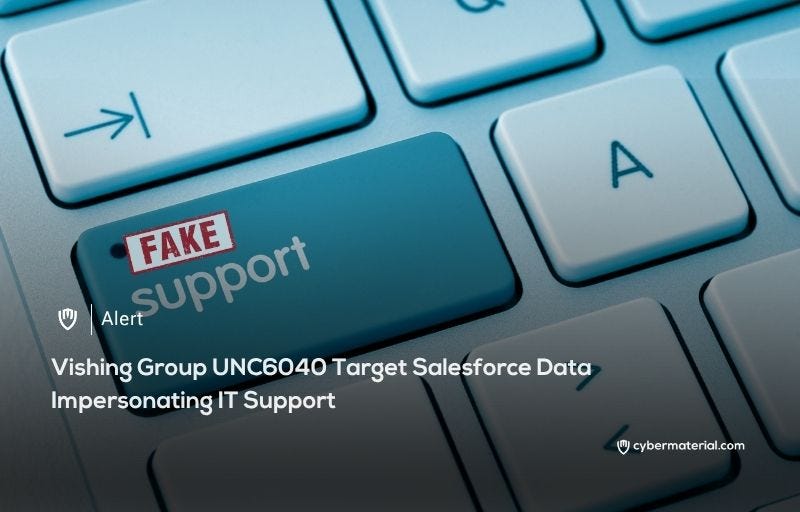
Google has disclosed details of a financially motivated threat cluster it tracks as UNC6040, which notably specializes in voice phishing campaigns. These vishing attacks are specifically designed to …

Google has disclosed details of a financially motivated threat cluster it tracks as UNC6040, which notably specializes in voice phishing campaigns. These vishing attacks are specifically designed to …